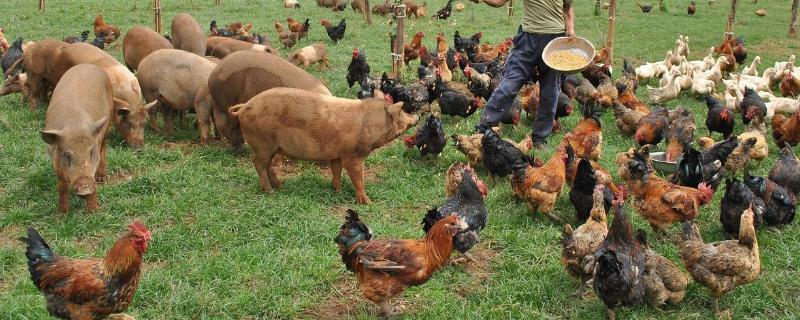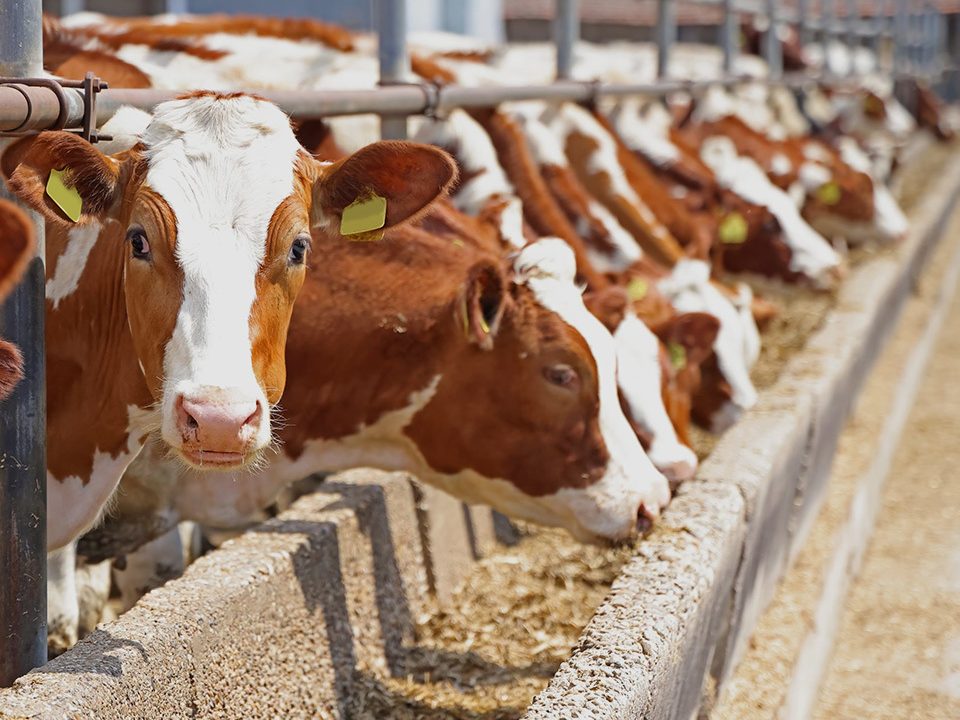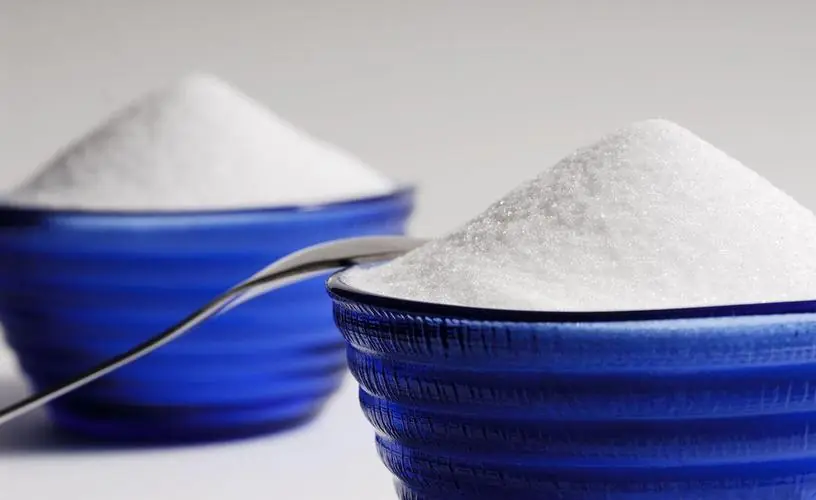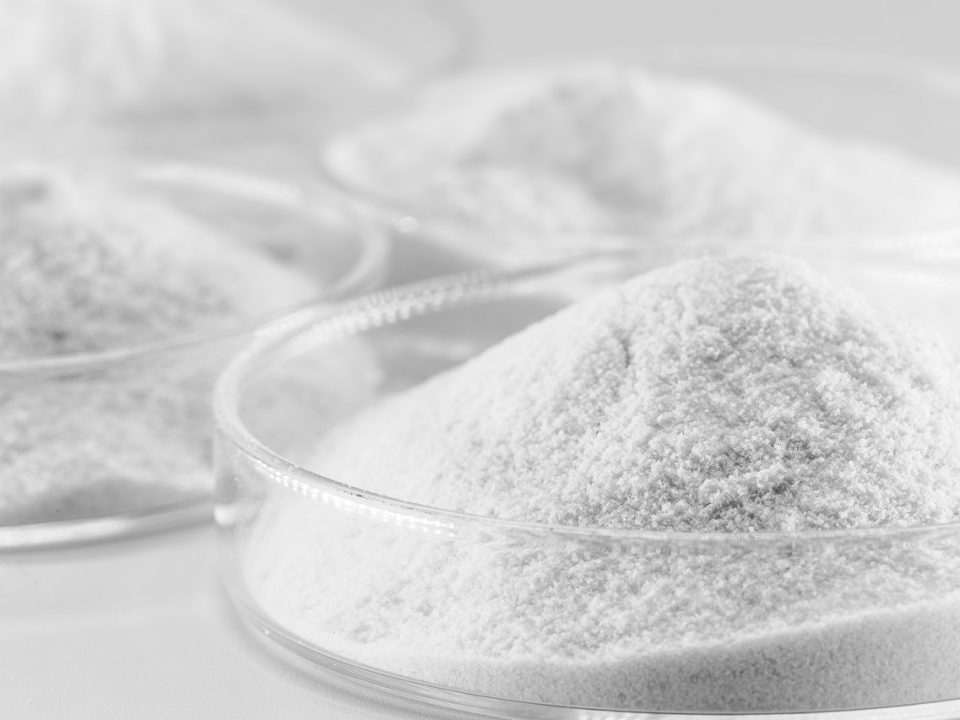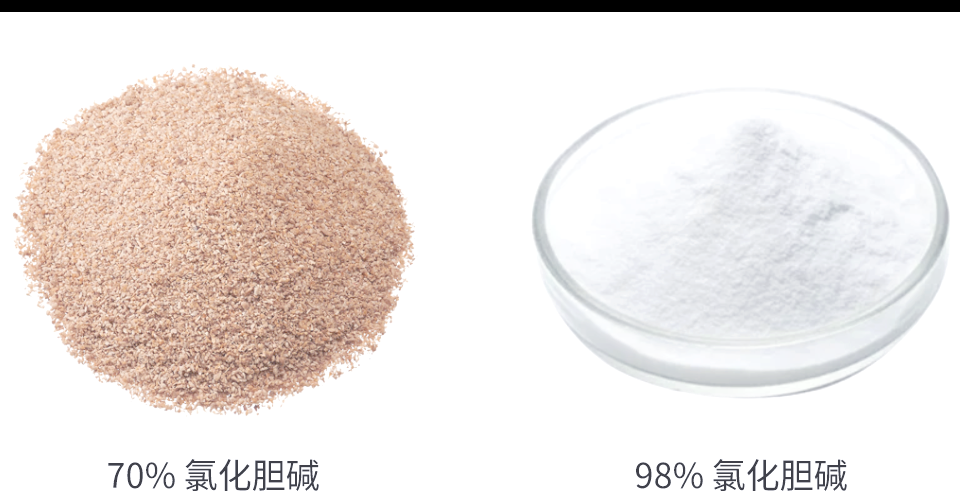Part 1. Choline Chloride : A Limiting Nutrient for farm animals.

First Aid for Choline Chloride Injury
July 7, 2022
Part 2. Choline Chloride : A Limiting Nutrient for farm animals.
July 7, 2022INTRODUCTION
Choline has been shown to be a required nutrient for many animals including rats,mice, dogs, pigs, guinea pigs, chickens, and trout. Choline is often referred to as a
vitamin, however, it doesn’t fit any of the classical definitions for a vitamin. It is not a cofactor in enzymatic reactions, it can be synthesized endogenously, and it is required in
larger amounts than vitamins. The ability to synthesize choline endogenously does not mean it is a dispensable or non-essential nutrient. Deficiency symptoms include
suppressed growth rates, renal dysfunction, and development of fatty liver. Choline is crucial for normal function of all cells. The most common form of choline in biological
systems is phosphatidylcholine (PC), a phospholipid that is a component of all cell membranes and lipoproteins that function to transport lipids through the circulatory
system. Choline is a source of methyl groups, therefore, it can spare methionine and have interactions with other nutrients involved in one-carbon metabolism (e.g. folate).
Choline is also a component of acetylcholine, an important neurotransmitter.
The National Research Council (NRC), 2001 wrote: “The establishment of a choline requirement, either for the lactating dairy animals, or a transition animals in the late dry period
and in early lactation, will require more extensive feeding experiments than available at the time of this publication.” It has now been 12 years since publication of the last NRC
and at this time there has not been an announcement for the formation of a new committee to author the next NRC. That means it will probably be at least 2016 until
publication of the 8th revised edition. Since publication of the last NRC, numerous studies have been conducted to examine the effects of feeding ruminally protected
choline to dairy animals , particularly as they transition from the dry period to early lactation. In light of new research and because a revised NRC is not on the immediate
horizon, it seems appropriate to initiate discussion on whether choline should be considered a required nutrient in dairy diets .


